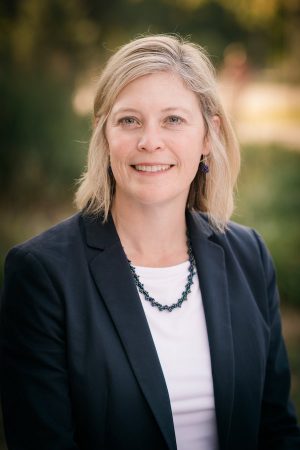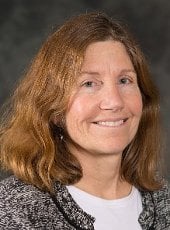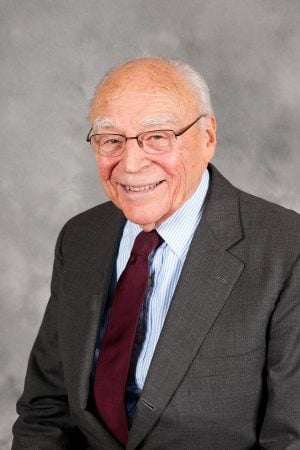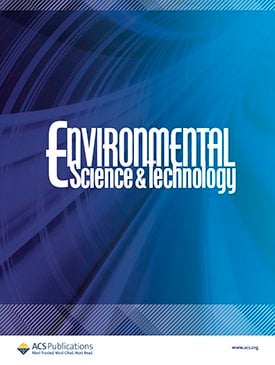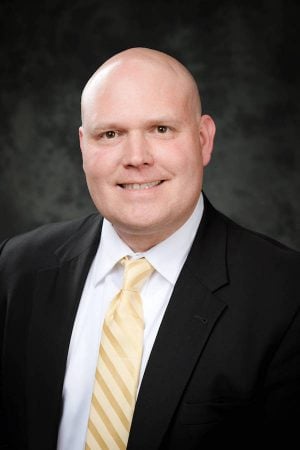
For the past four years, the Michigan Tech Center for Science and Environmental Outreach has collaborated with Wayne State University and the Belle Isle Conservancy to promote an interest in science and science careers among elementary and middle school students in Detroit Public Schools. The project includes a summer teacher institute, field trips to the Belle Isle Aquarium, and mini grants for teachers. Classes come to the Belle Isle Aquarium to see fish, turtles and frogs, and leave with knowledge and excitement about what they could do in the world of science.
View our entry in the 2020 STEM for ALL Video Showcase, a three-minute video about the Belle Isle Aquarium NSF ITEST project, and VOTE for the Belle Isle Aquarium video for the Public Choice Award. Take a look at some of the other videos, too!
Please also view the newly created Virtual Field Trip and Ecology Lesson at the Belle Isle Aquarium. Before COVID-19, every fifth grade student in the Detroit public school system could visit the aquarium during the school year. The new virtual field trip allows anyone in the world to visit the United States’ oldest aquarium — the Belle Isle Aquarium!
Article by Joan Chadde, a leader in the organization of our teacher professional development summer workshops, Joan is an expert at “educating our educators.” As Director of Michigan Tech’s Center for Science and Environmental Outreach, Joan was recently (2020) named Informal Science Educator of the Year by the Michigan Science Teachers Association.
Dr. Ram’s ‘Creating STEM Pathways at Detroit’s Aquarium’ named an NSF Facilitators’ Choice Video
Jeffrey Ram, Ph.D., professor of Physiology at the Wayne State University School of Medicine, in collaboration with Wayne State’s College of Education, the Belle Isle Conservancy and Michigan Technological University, leads a $1.2 million National Science Foundation-funded project that aims to promote the interest of Detroit children in science and science careers.
A video produced by Dr. Ram, “Creating STEM Pathways at Detroit’s Aquarium,” that describes the project, was selected as a Facilitators’ Choice video in the 2020 SEM for ALL Video Showcase. Only 10 of 171 videos entered in the showcase received the honor.
